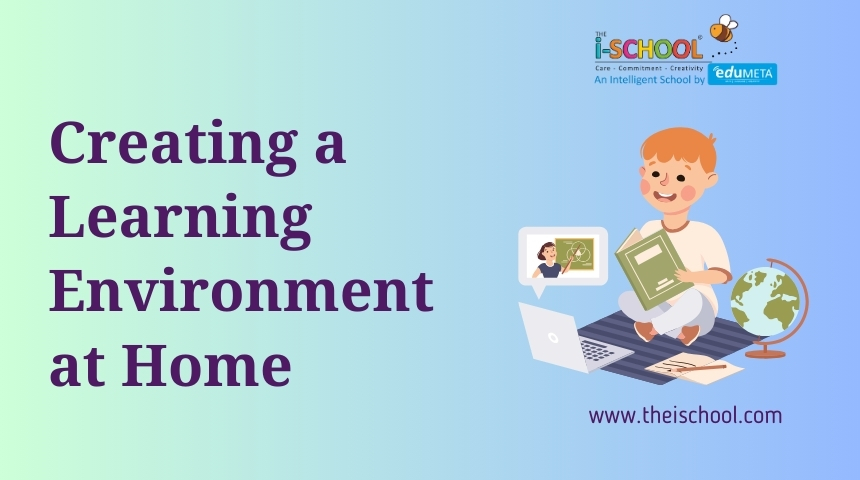Creating a Learning Environment at Home

Preschool is a crucial time for your child’s development, laying the foundation for future learning and success. But did you know you can extend that learning beyond the classroom walls? By creating a learning environment at home, you can actively support your child’s preschool curriculum and nurture their curiosity.
Here are some tips and ideas for creating a stimulating and enriching home environment:
1. Designate a Learning Space:
- Choose a well-lit, quiet area free from distractions like electronics.
- Stock it with age-appropriate toys, books, and learning materials that complement what your child is learning in preschool.
- This dedicated space helps your child focus and associate it with learning activities.
2. Embrace Play-Based Learning:
- Preschoolers learn best through play. Encourage imaginative play with blocks, dolls, and dress-up clothes.
- Read stories together and act them out, or create art projects inspired by the stories.
- You can even use everyday activities like sorting laundry or setting the table to reinforce counting and sorting skills.
3. Make Learning Fun and Interactive:
- Turn everyday tasks into learning opportunities. Count steps while going upstairs or sing the alphabet song while sorting toys.
- Explore the outdoors! Have your child identify different leaves or plants, or build a fort out of branches.
- Look for educational apps and games that are age-appropriate and complement the preschool curriculum.
4. Connect with Your Child’s Teacher:
- Ask your child’s teacher about the topics they’re covering in preschool.
- Find out if there are specific skills you can work on at home, like letter recognition or basic math concepts.
- Look for recommended books or activities that align with the curriculum for a cohesive learning experience.
5. Celebrate Learning and Progress:
- Show genuine interest in what your child is learning at preschool.
- Ask them questions about their day and encourage them to share what they’ve learned.
- Celebrate their accomplishments, no matter how small, to keep them motivated and excited about learning.
Remember:
- The goal isn’t to pressure your child or turn playtime into a formal learning session.
- Keep things light, fun, and interactive.
- By creating a stimulating learning environment at home, you’ll be nurturing your child’s curiosity and supporting their development in a way that complements their preschool experience.
Ready to create a learning haven at home? Start with these tips and watch your child blossom!
